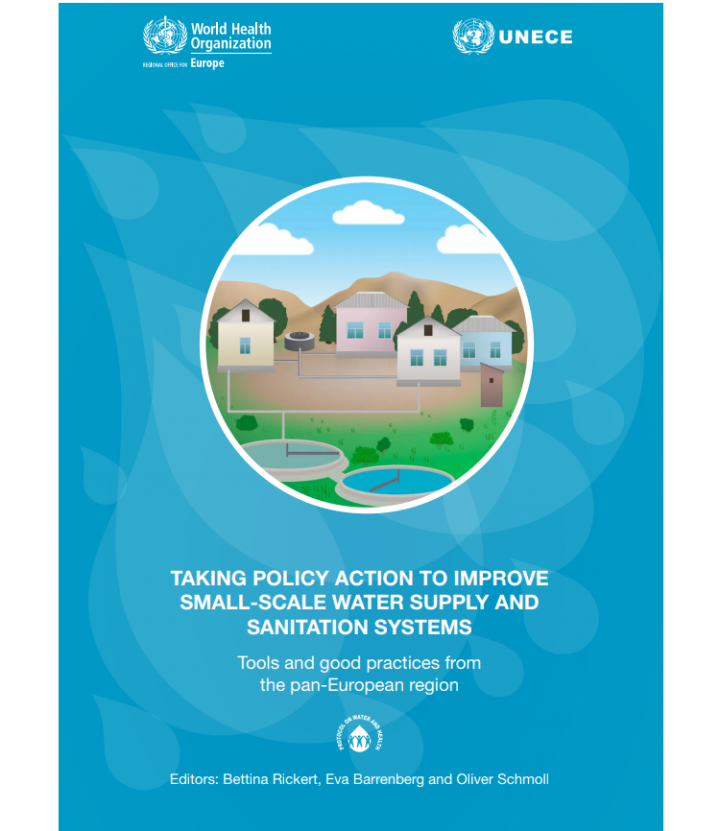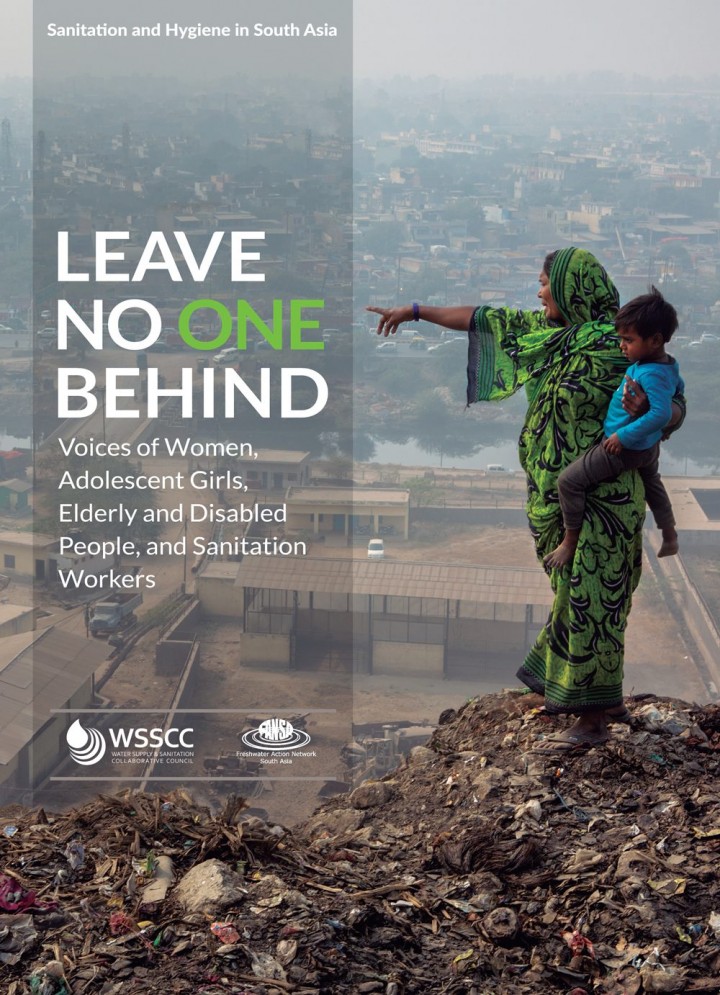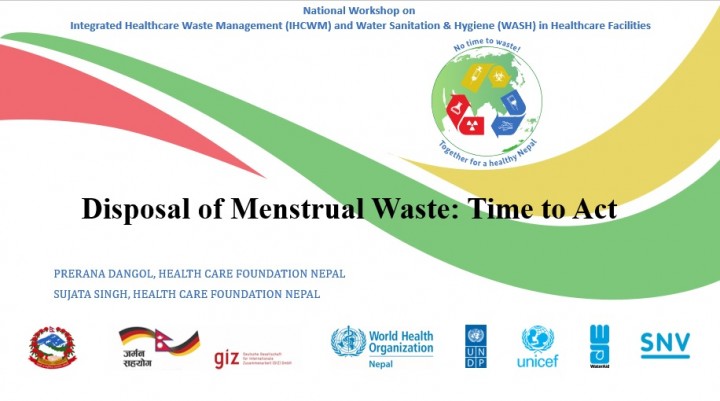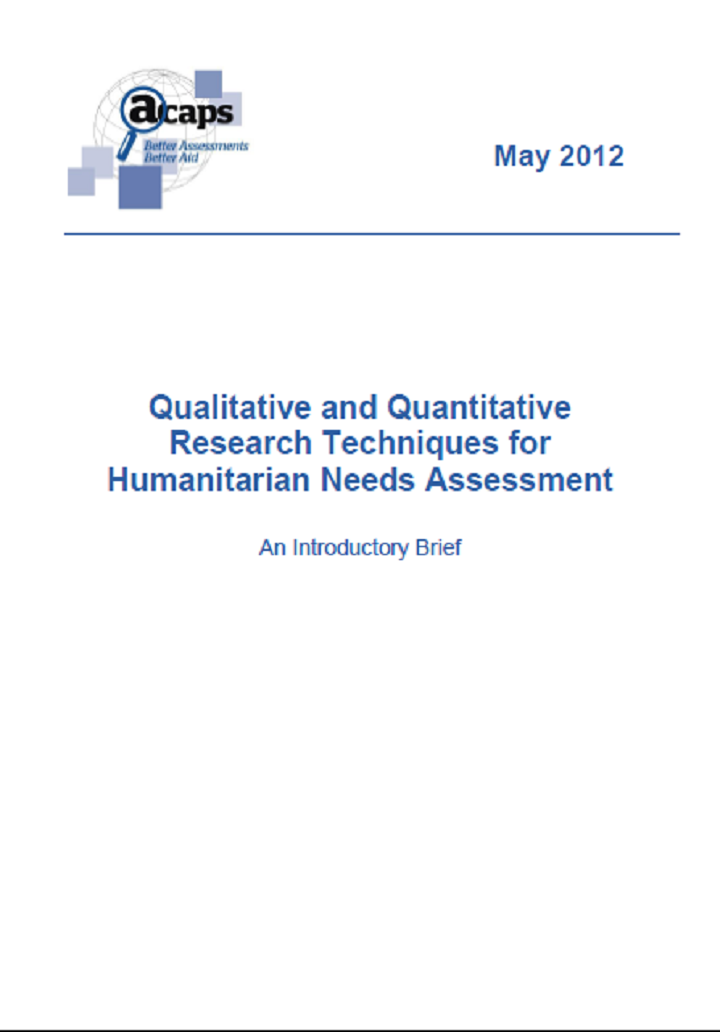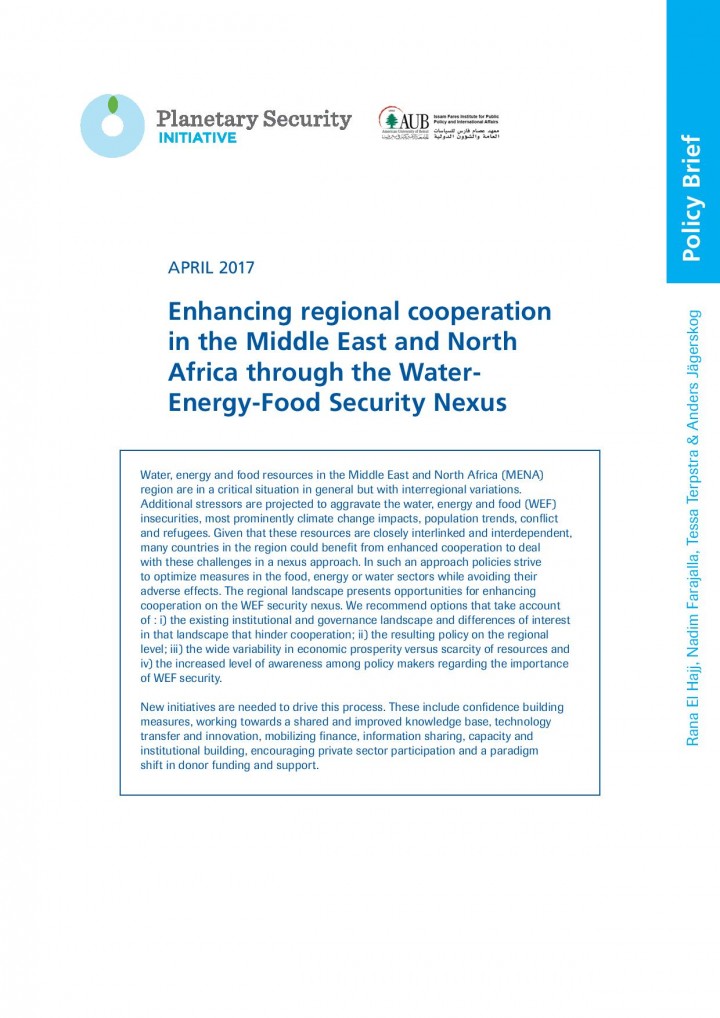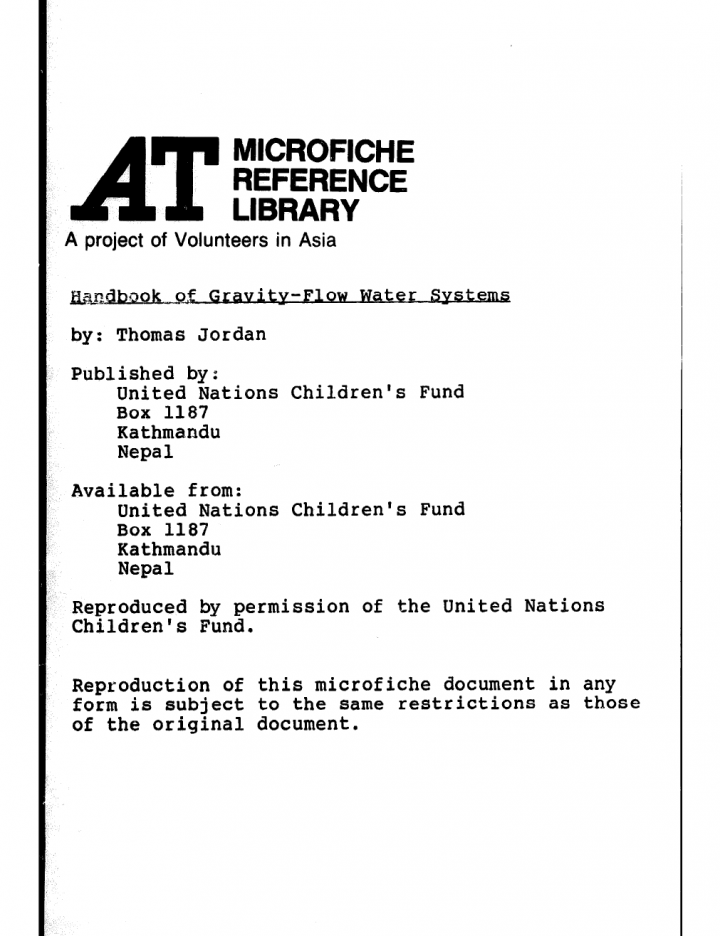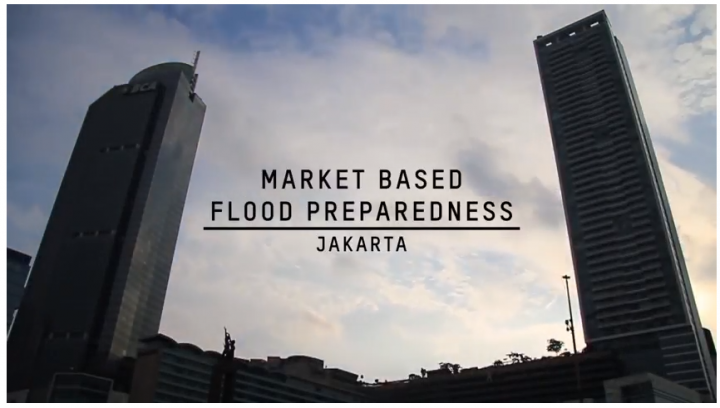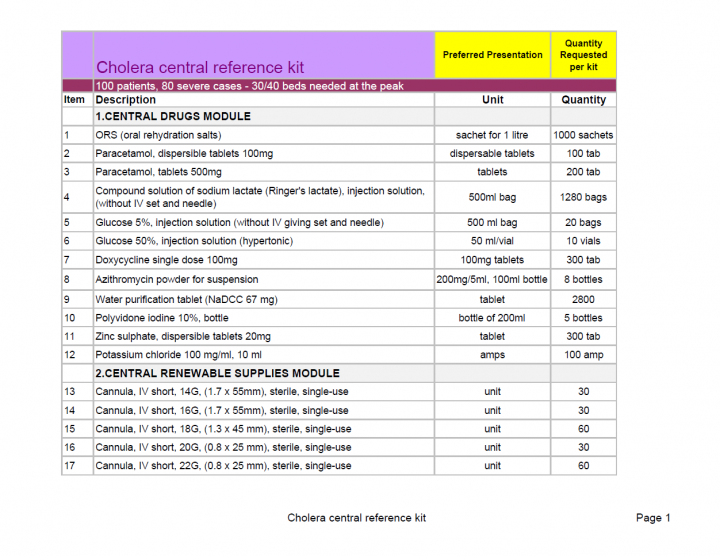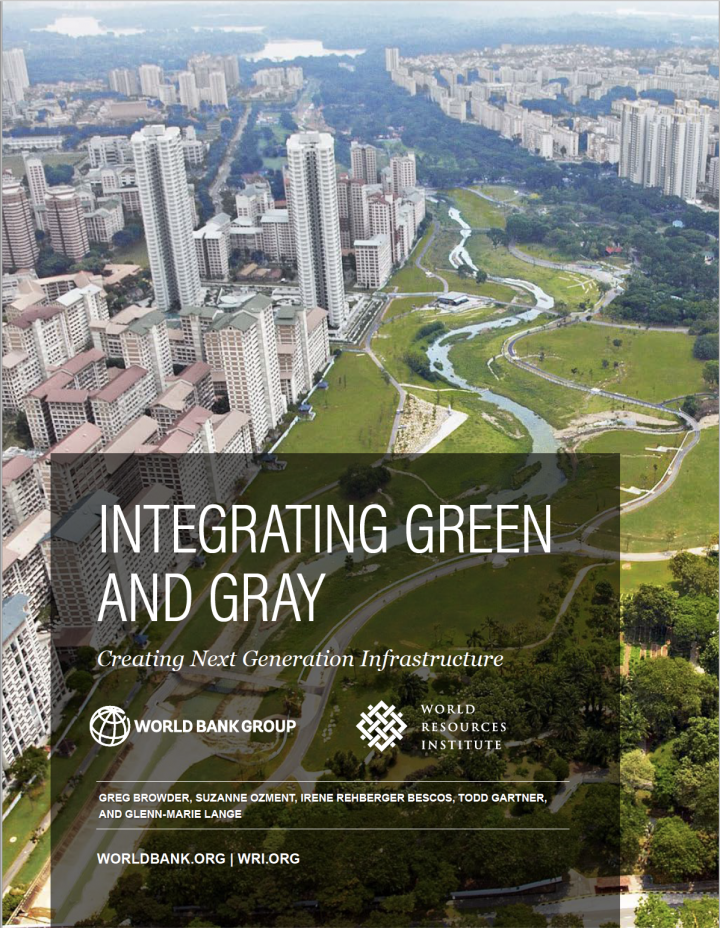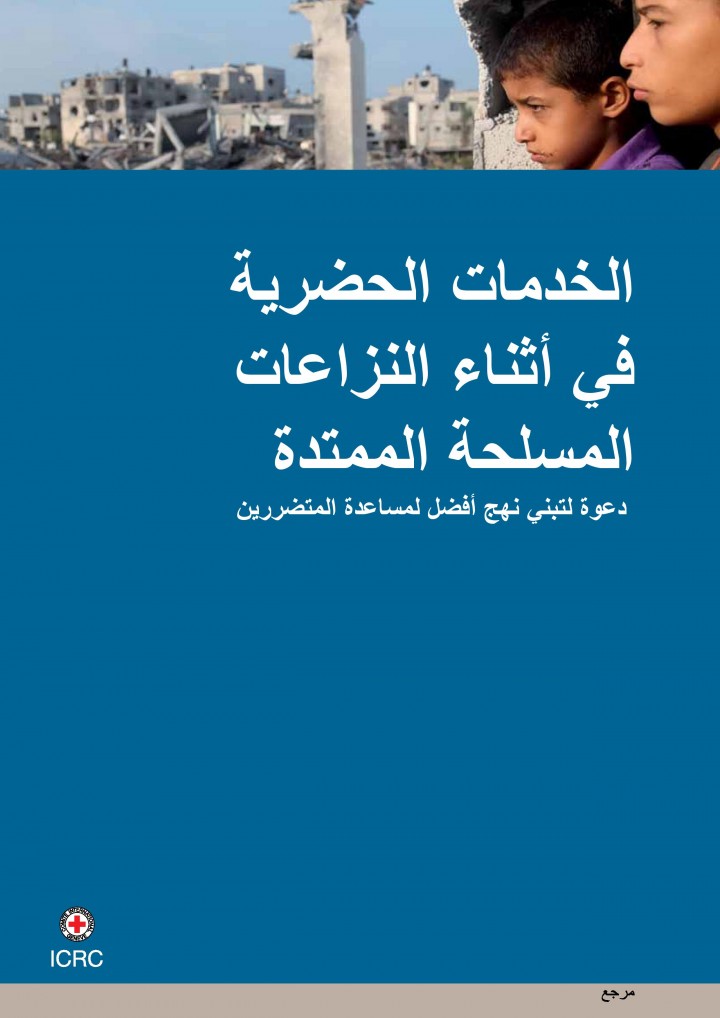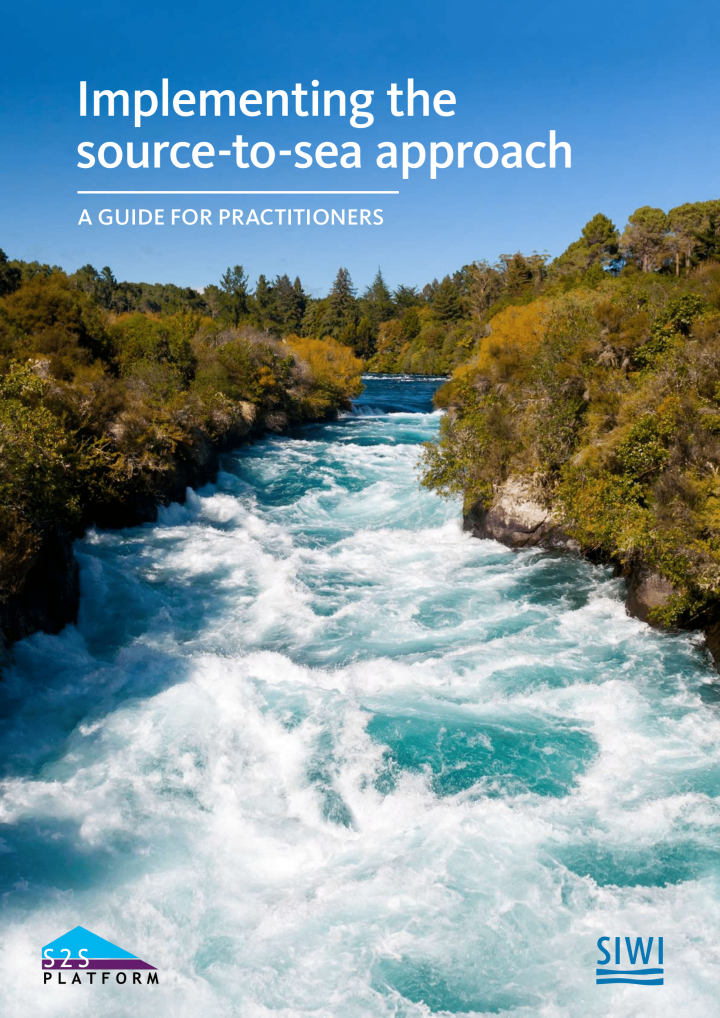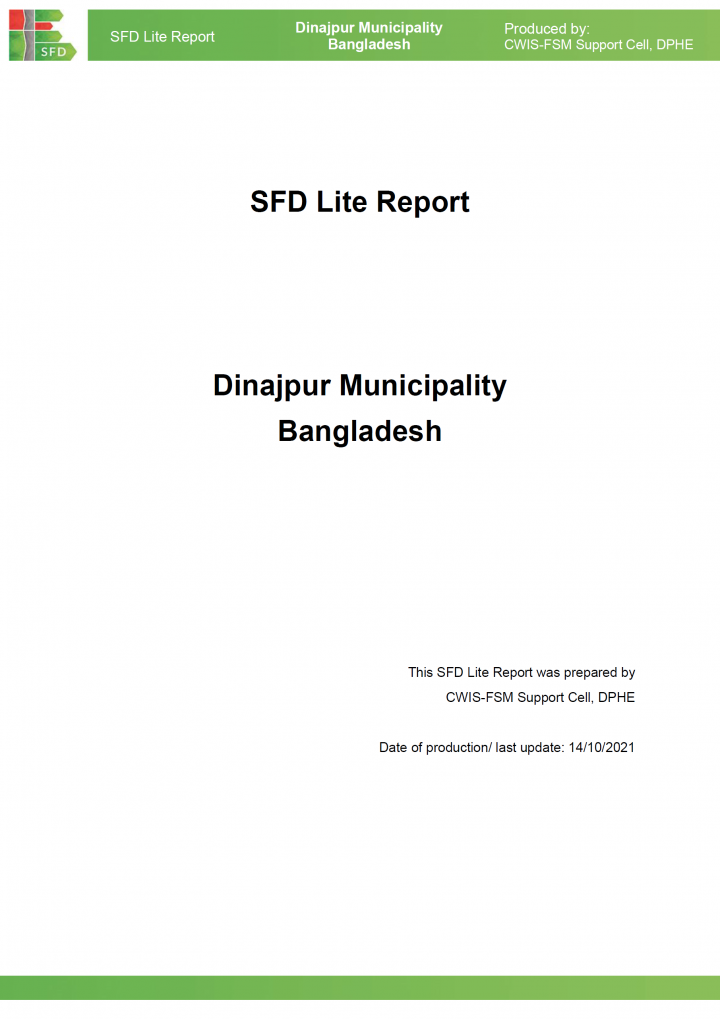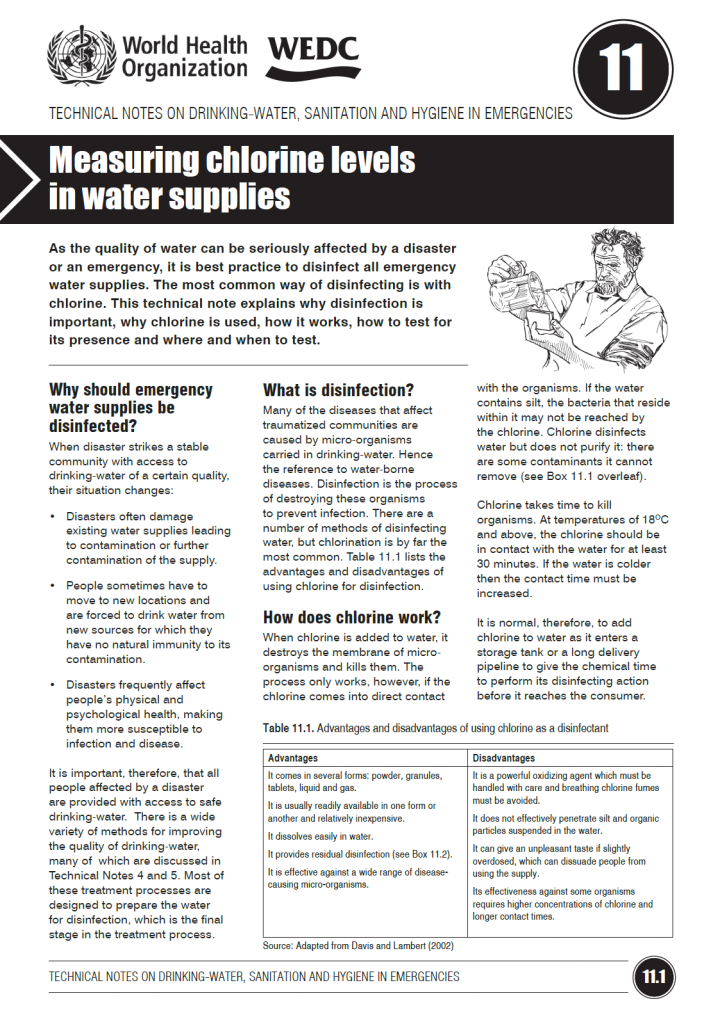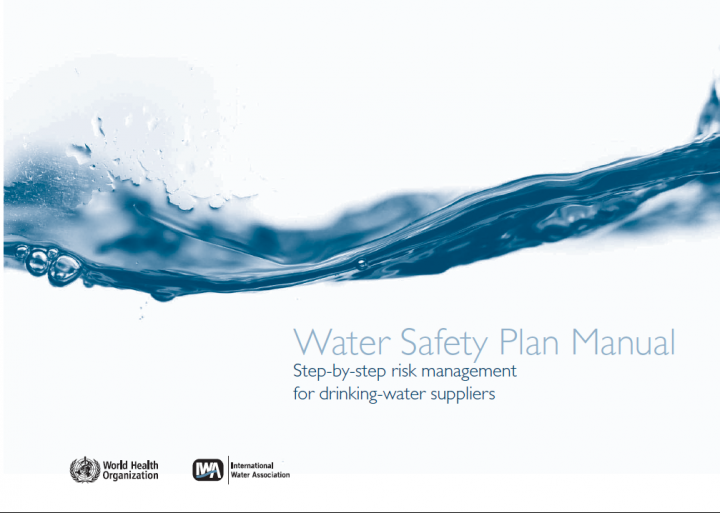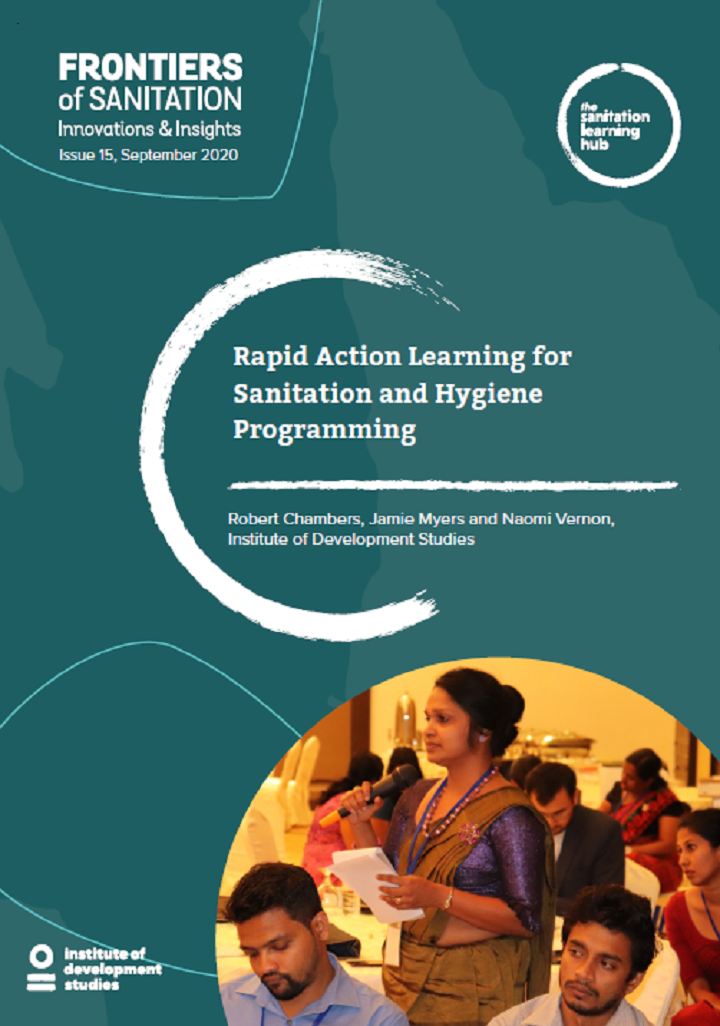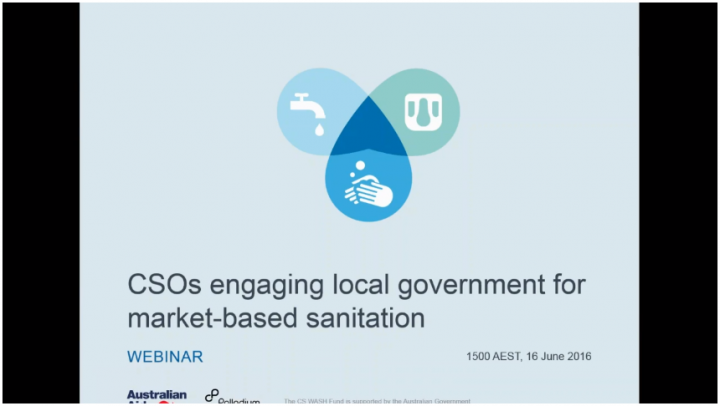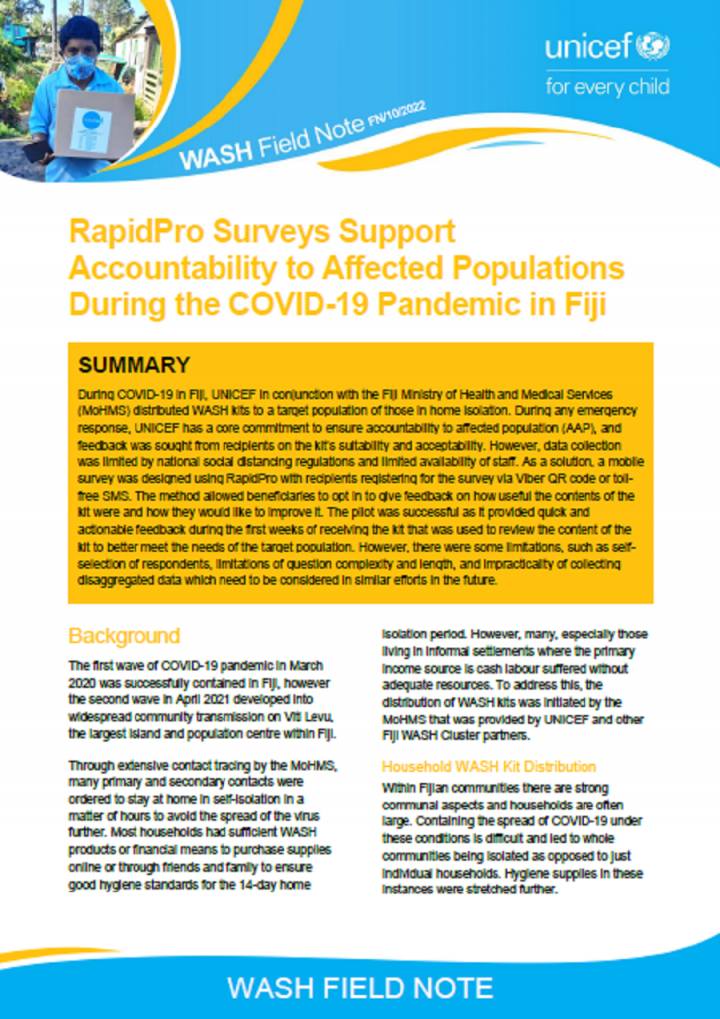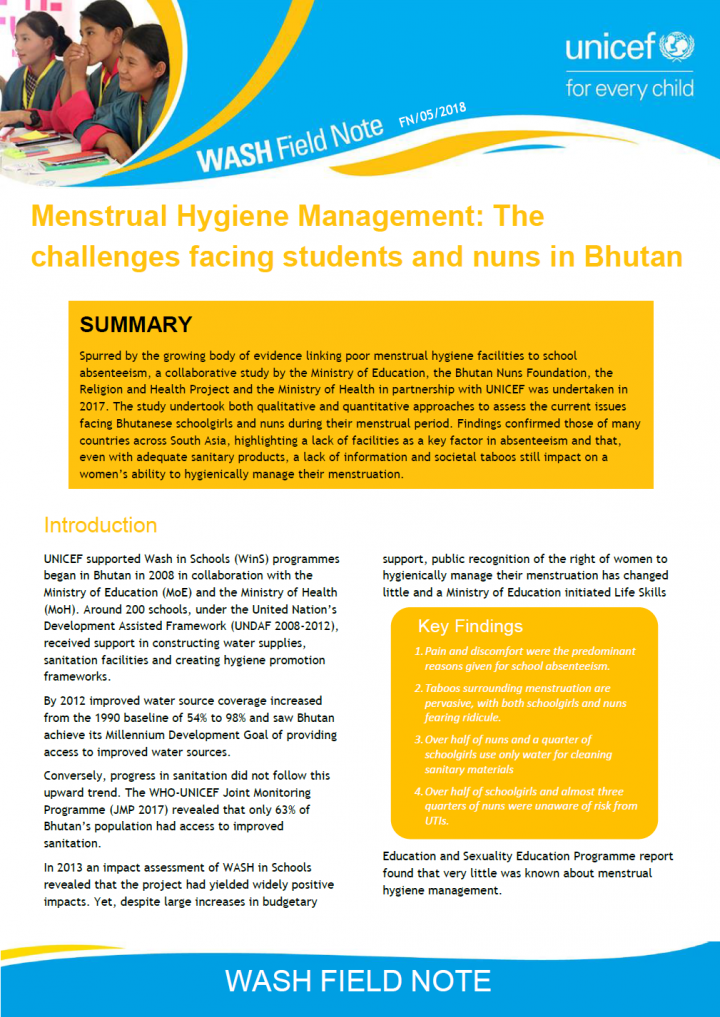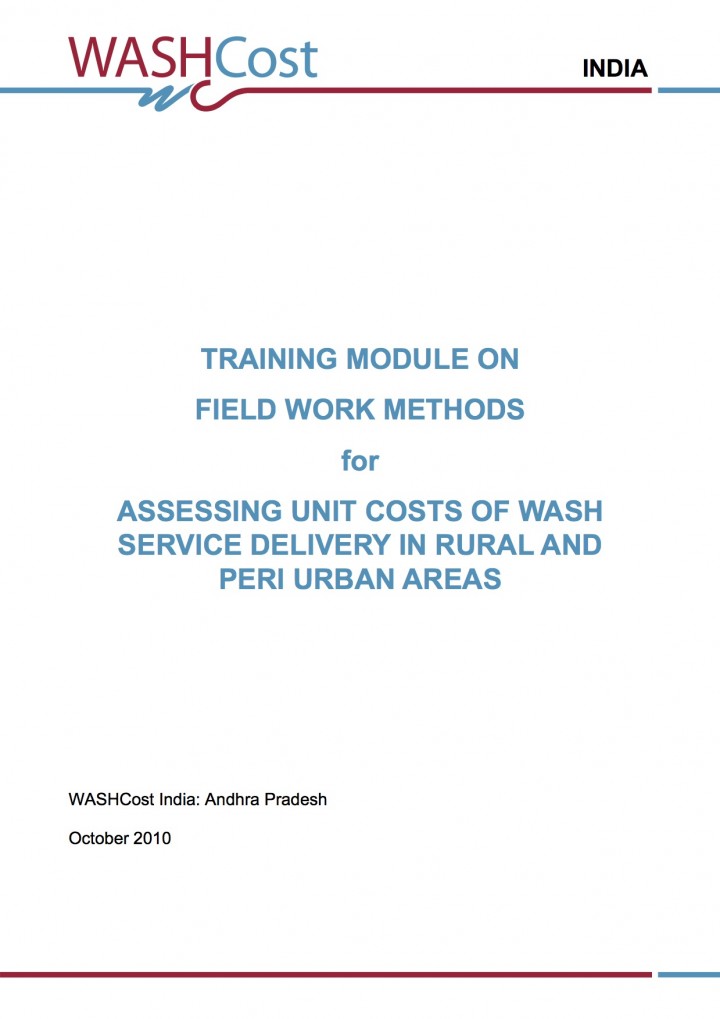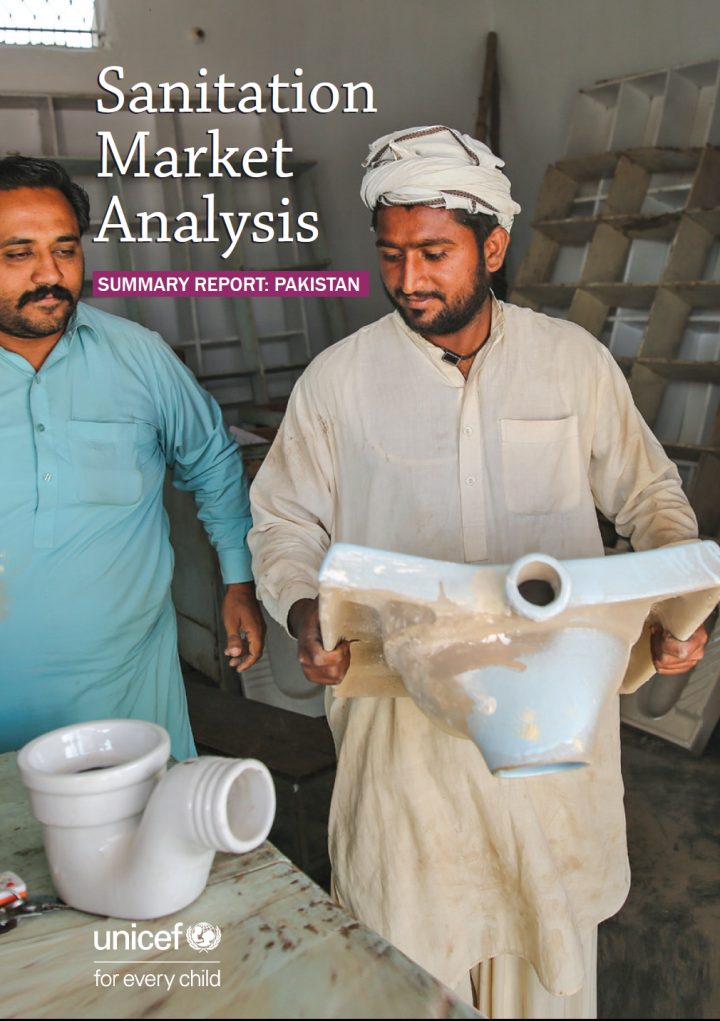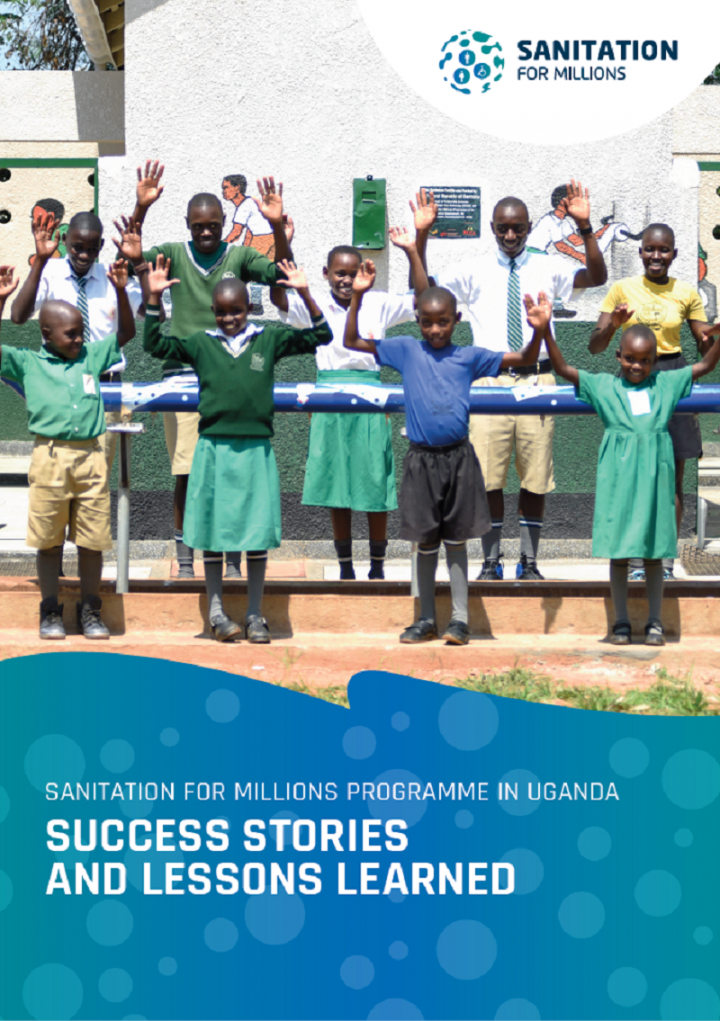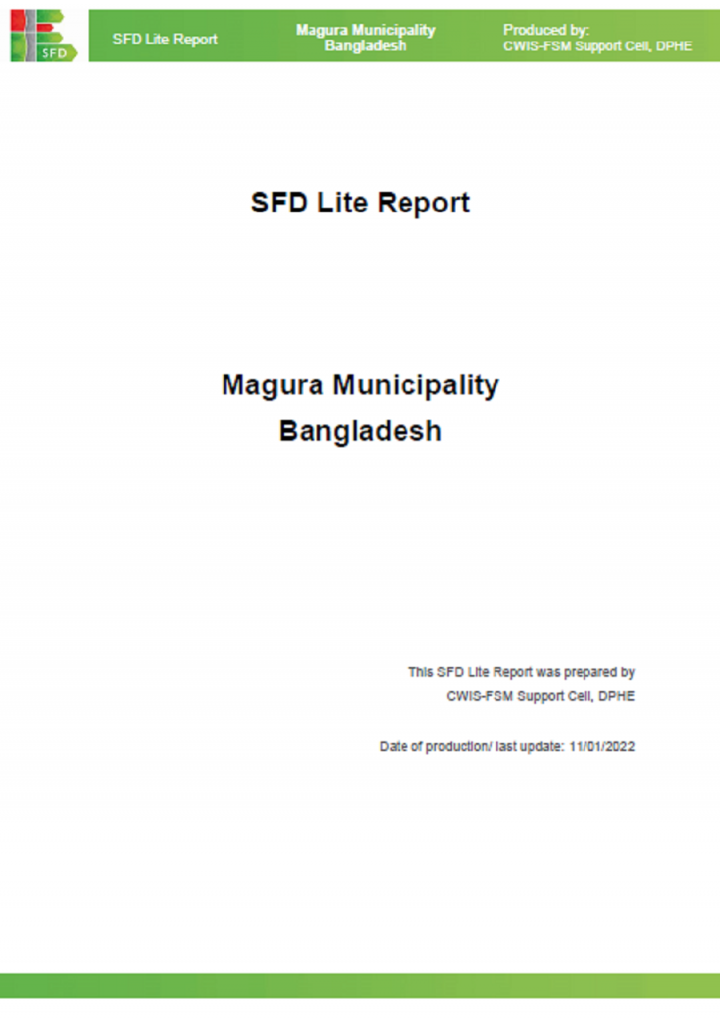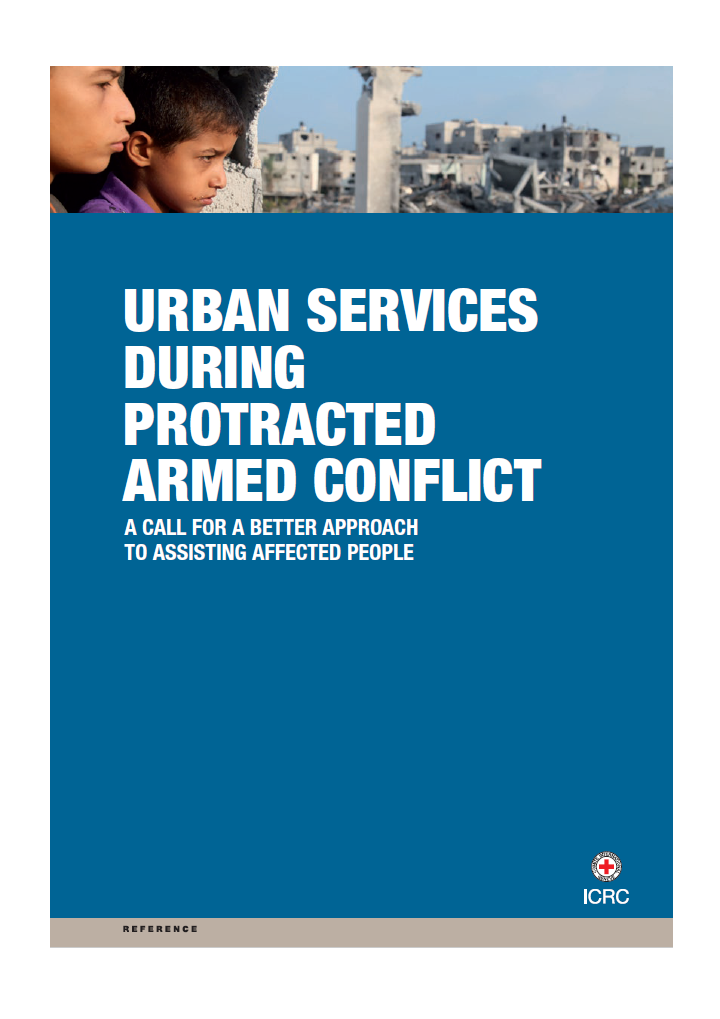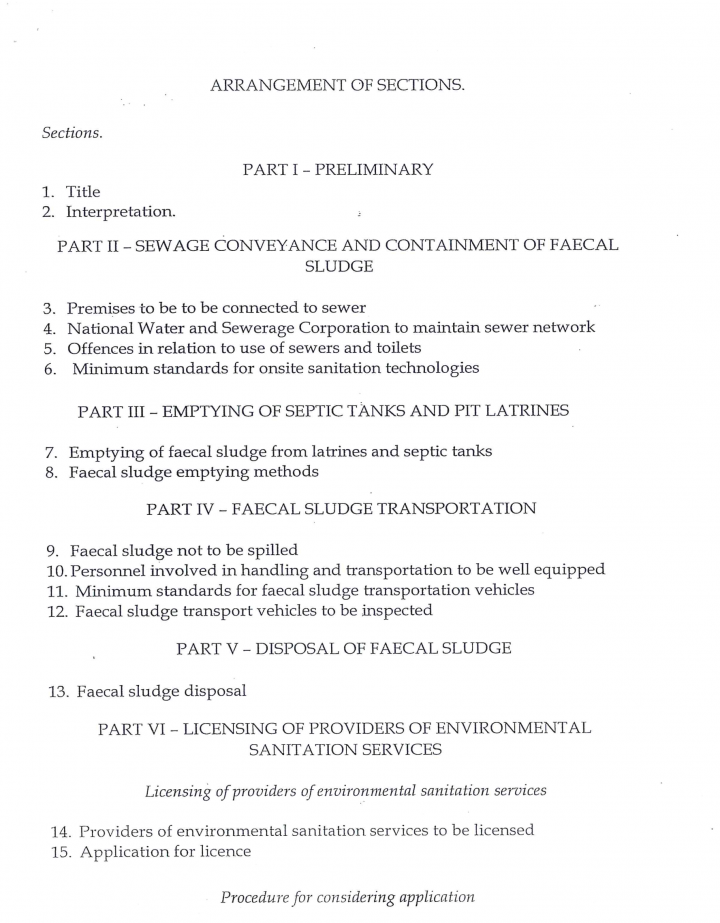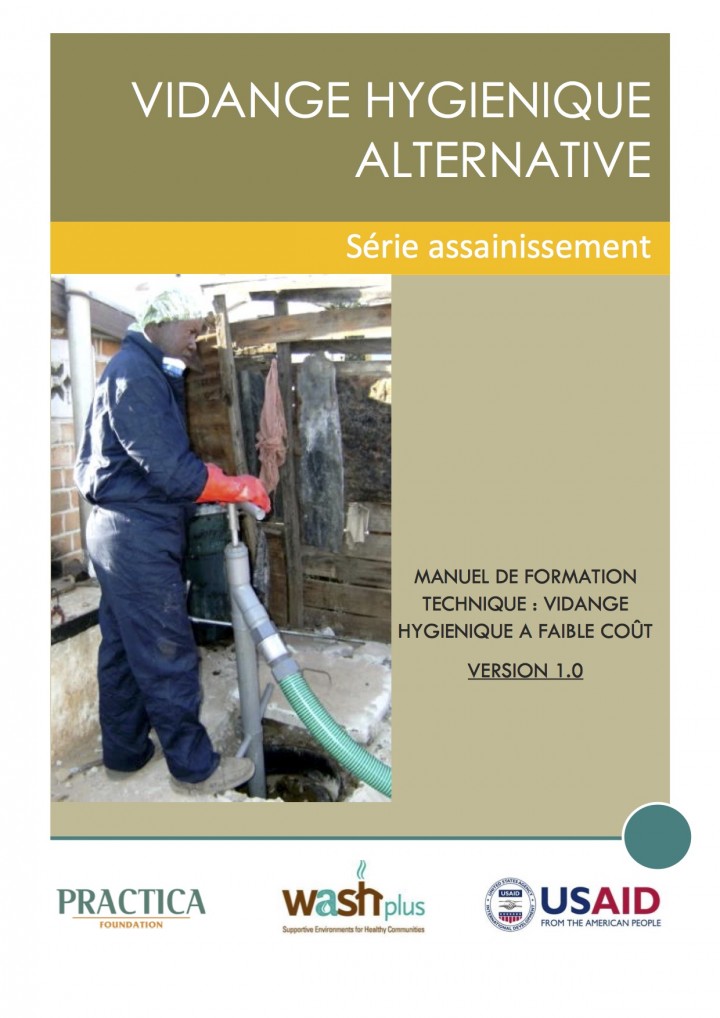Searching for information on Sanitation Workers?
The Sanitation Workers Knowledge + Learning Hub is the best source for all current news, trends, articles and updates on sanitation workers rights around the world.
Access to adequate water and sanitation services is essential for good individual and population health. People served by small-scale systems in rural areas and small towns have the right to the same level of health protection as others. Goals 3 and 6 of the 2030 Agenda for Sustainable Development call for combating of waterborne diseases and for ensuring universal and equitable access to both …
This publication summarizes the sanitation and hygiene hopes and aspirations of thousands of women and men of different ages and physical ability, across rural and urban areas in eight South Asian countries. In these countries, over a billion people are without safe sanitation. They represent individuals and groups rarely heard because they are seldom asked what their constraints are, what they …
Collection, collation, analysis, and synthesis of qualitative and quantitative information, gathered and analysed using appropriate sources, tools, and methods is the cornerstone of rapid needs assessments that allows decision makers to plan a timely, appropriate, and coordinated emergency response.
Water, energy and food resources in the Middle East and North Africa (MENA) region are in a critical situation in general but with interregional variations. Additional stressors are projected to aggravate the water, energy and food (WEF) insecurities, most prominently climate change impacts, population trends, conflict and refugees. Given that these resources are closely interlinked and …
There were many issues emerged when the flood happened, such as the needs of water, sanitation, latrine and other water and sanitation related needs. To mitigate these problems, Oxfam in partnership with LDMA (Local Disaster Management Agency) DKI Jakarta, are collaborating to find the options for the flood preparedness in WASH sector as well as WASH response options that are giving more role to …
In 2016 WHO introduced the Cholera Kits. These kits replace the Interagency Diarrhoeal Disease Kit (IDDK) which had been used for many years. The Cholera Kit is designed to be flexible and adaptable for preparedness and outbreak response in different contexts. The overall Cholera Kit is made up of an Investigation Kit, Laboratory materials, 3 Treatment Kits (community, periphery and central) and …
A new generation of infrastructure projects that harness the power of nature can help achieve development goals, including water security and climate resilience. In this report from the World Bank and World Resources Institute, both organizations are calling for green infrastructure, such as mangroves and wetlands, to play a bigger role in traditional infrastructure planning. Integrating nature …
Only quite recently have we come to truly understand the many important linkages between land, freshwater and oceans. Generally, terrestrial, freshwater and marine specialists have tended to work independently from one another, with limited interaction. But with new insights into the complex relationship between different ecosystems – on land and in rivers, deltas, estuaries, nearshore and in …
Dinajpur, a city of north-western Bangladesh and the district headquarter of Dinajpur district is situated in Rangpur Division, Bangladesh. It is located 413 km Northwest of Dhaka. It is bounded by Punarbhaba River on the west. Dinajpur is historically and culturally a very important city in North Bengal. It is one of the oldest towns in the sub-continent and was declared Municipality in 1869. …
As the quality of water can be seriously affected by a disaster or an emergency, it is best practice to disinfect all emergency water supplies. The most common way of disinfecting is with chlorine. This technical note explains why disinfection is important, why chlorine is used, how it works, how to test for its presence and where and when to test.
“The most effective means of consistently ensuring the safety of a drinking-water supply is through the use of a comprehensive risk assessment and risk management approach that encompasses all steps in water supply from catchment to consumer. In these Guidelines, such approaches are called water safety plans (WSPs)”.
The words above open Chapter 4 of the Third Edition of the WHO Guidelines …
In October 2019, a group of leading organisations in the sanitation and hygiene (S&H) sector – Plan International, SNV, UNICEF, WaterAid, the World Bank and World Water Supply and Sanitation Collaborative Council (WSSCC) – published a call to action.1 This stressed renewing commitment and stepping up ambitions and investments to rural S&H and called for evidence-based and adaptive …
This webinar led by Topic Expert Associate Professor Juliet Willetts focuses on Civil Society Organisations (CSOs) and market-based sanitation approaches. It addresses the question, How can CSOs also work with local government or other local actors to facilitate market-based approaches?
During COVID-19 in Fiji, UNICEF in conjunction with the Fiji Ministry of Health and Medical Services
(MoHMS) distributed WASH kits to a target population of those in home isolation. During any emergency
response, UNICEF has a core commitment to ensure accountability to affected population (AAP), and
feedback was sought from recipients on the kit’s suitability and acceptability. However, data …
Spurred by the growing body of evidence linking poor menstrual hygiene facilities to school absenteeism, a collaborative study by the Ministry of Education, the Bhutan Nuns Foundation, the Religion and Health Project and the Ministry of Health in partnership with UNICEF was undertaken in 2017. The study undertook both qualitative and quantitative approaches to assess the current issues facing …
The WASHCost Project aims at improving sustainability, cost efficiency and equity of WASH service delivery in rural and peri-urban areas by identifying the factors influencing costs at each stage of WASH service delivery life cycle. In order to achieve the overall aim of WASHCost project, the methodologies designed for tracking inputs on WASH service delivery system are largely tested in test bed …
Following the 2010 floods, the Government of Pakistan developed the Pakistan Approach to Total Sanitation (PATS) as a country specific strategy to scale up sanitation programmes, particularly in rural areas to end open defecation. PATS has helped almost 18 million people to construct and use toilets. The last ten million people who need to construct toilets are mostly poor, whereas 176 million …
Sanitation for Millions is a global multi-donor programme to improve access to safe sanitation and hygiene with a focus on vulnerable and disadvantaged groups. More than one million people in 14 countries have already benefitted directly from Sanitation for Millions’ measures that include the construction of sanitary facilities, capacity development to ensure adequate use, operation and …
Magura municipality, the district headquarter of Magura district is situated in Khulna Division, Bangladesh. It is located 146 km from the capital Dhaka. It is bounded by the Nabaganga River and it is well connected with road and water. It is one of the oldest towns in the sub-continent and was declared Municipality in 1972. It is one of the 53 district-level municipalites in the …
The relief-rehabilitation-development paradigm is counterproductive in contexts of protracted armed conflict in urban areas. Experience of disaster relief and rural armed conflict has shown that it constricts planning by limiting interventions to those that are “relief” or “post-war” in nature and that may be seen as the first steps in bridging an artificial gap between conflict and …
La vidange hygiénique alternative des fosses de latrines représente une nécessité primordiale dans un contexte où l’assainissement dans les pays en voie de développement repose toujours plus sur les systèmes autonomes qui écessitent tous des opérations de vidange à un moment donné. Le terme « vidange hygiénique alternative » intègre deux concepts qui constituent de véritables …

